CDC issues updated summer camp guidance, stresses outdoor activities, masks and social distancing
ATLANTA - After the COVID-19 outbreak sidelined most in-person summer camps across the country last year, camp operators have been gearing up for a return this summer. And of course, in the age of a pandemic, like everything else, camp will look different.
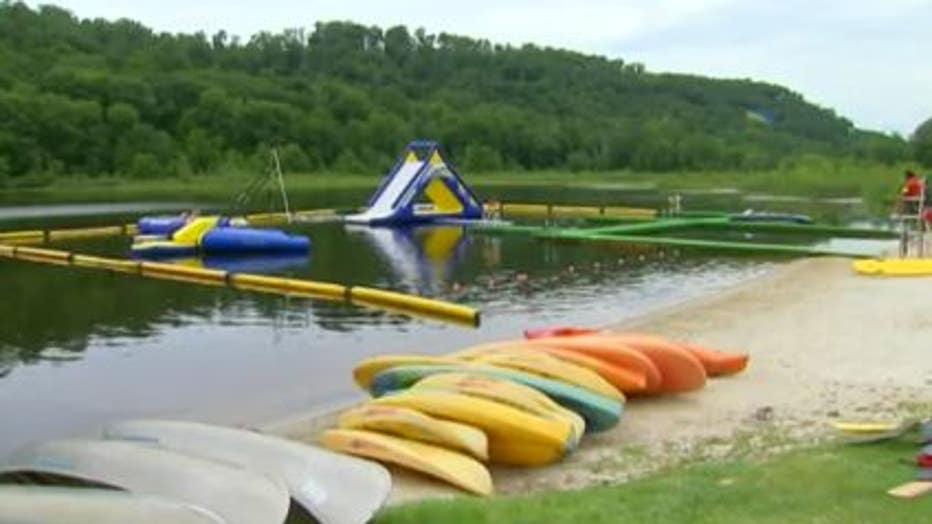
On April 24, 2021, the CDC issued its updated guidance on youth summer camps during the COVID-19 pandemic.
To help create a safe experience, the Centers for Disease Control and Prevention over the weekend, issued its updated guidance on operating camps.
"Youth and summer camps can play an important role in the lives of children, including supporting their social, emotional, and physical development," the CDC said, noting that compared with adults, children face a much lower risk of contracting COVID-19, but kids can still get infected, spread the virus to others, and suffer severe outcomes.
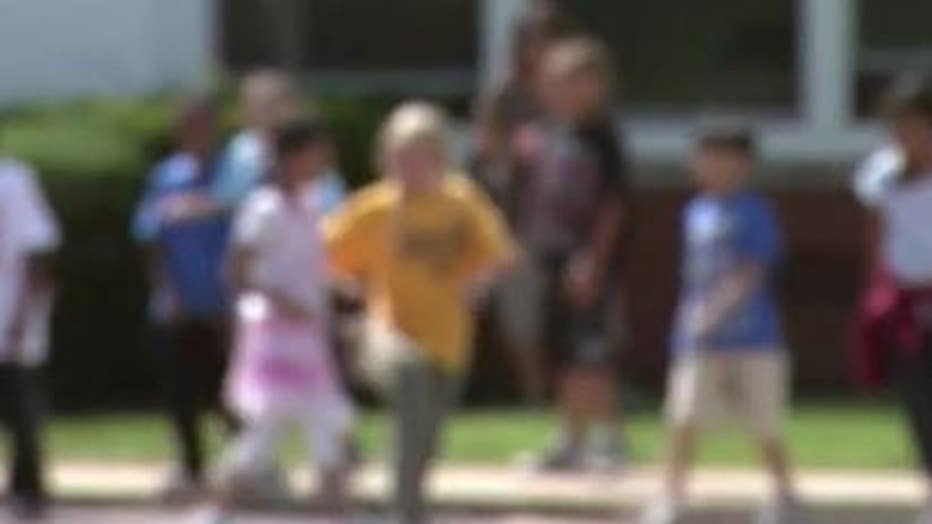
"Youth and summer camps can play an important role in the lives of children, including supporting their social, emotional, and physical development," the CDC said in its updated summer camp guidance which it released on April 24, 2021.
The CDC also warned of the emergence of variants circulating globally-- virus mutations that have been detected here in the U.S. as well as the Bay Area. Experts said that some variants have shown to spread more easily and quickly than others, which could lead to increased cases of the coronavirus.
"The present guidance is intended to help camp administrators operate camps while preventing the spread of COVID-19 and protecting campers, their families, staff, and communities." the CDC said.
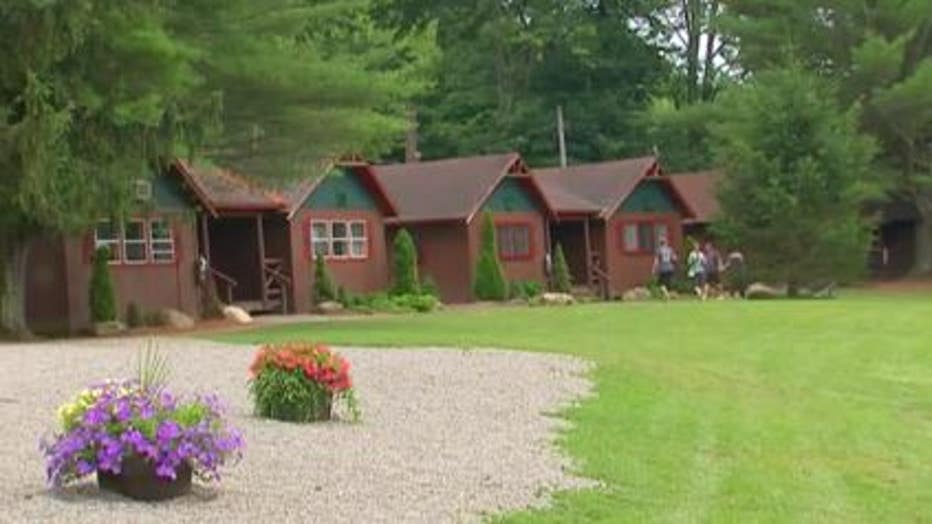
On April 24, 2021, the CDC issued its updated guidance on youth summer camps during the COVID-19 pandemic.
Those guidelines included implementing mask rules and ensuring campers adhere to physical distancing guidelines, keeping a distance of at least three feet from others, and setting up cohorts or "pods"of campers and staff who stay together throughout the day to minimize exposure to other people at camp.
In addition, the CDC strongly encouraged those eligible to get the vaccine, to do so.
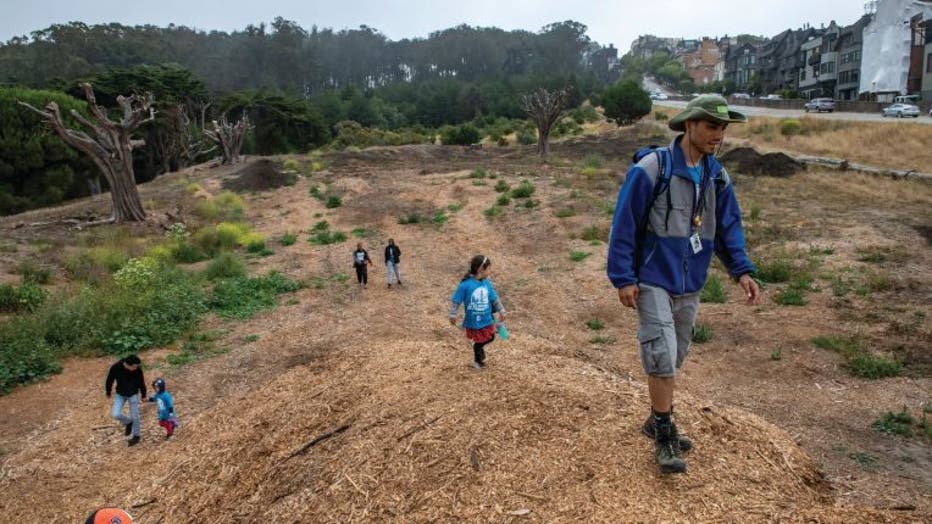
( San Francisco Recreation and Park Dept. )
"Getting vaccinated as soon as the opportunity is available is an important way for camp operators and staff to keep from getting and spreading COVID-19," the CDC said, noting that the vaccines have not yet been approved for those under the age of 16, though trials for use on children were underway.
"For this reason, even after camp employees are vaccinated, camps need to continue prevention measures for the foreseeable future, including requiring masks and physical distancing," the health agency advised.
SIGN UP FOR THE KTVU NEWSLETTER
The CDC also addressed the issue of ventilation as part of efforts to prevent a potential outbreak and stressed that whenever possible, activities should be held outdoors, with masks on, and close-contact sports should be avoided, as it increased the risk of spreading COVID-19.
"If activities are held indoors, bring in as much fresh air into camp buildings as possible," the CDC said, recommending opening windows and doors, and adding in fans to help with air circulation. "Bringing fresh, outdoor air into your facility helps keep virus particles from concentrating inside," officials explained.
Other recommendations included adopting policies that do not discourage staff to call in sick following exposure to the virus. "Implement flexible, non-punitive sick leave policies and practices that enable employees and volunteers to stay home when they are sick, have been exposed to someone with COVID-19, or are caring for someone who is sick," officials said, adding, "Leave policies should be flexible and not punish people for taking time off and should allow sick employees to stay home and away from co-workers and campers."
The CDC also encouraged camp operators to provide families with flexibility to keep their camper at home if their child has symptoms or tested positive for the virus.
The agency did note that those who have been fully vaccinated and do not have symptoms can refrain from having to quarantine or undergo testing following a known exposure.
The CDC’s very detailed guidance also included adopting proper cleaning and disinfecting practices, reinforcing frequent handwashing among campers and staff and making soap, water and hand sanitizer easily accessible. "Ensure enough sinks or hand sanitizer dispensers are available at key locations for campers to be able to use them easily without crowding, especially during peak usage times," the agency wrote.
It offered additional guidance for overnight camps, including asking campers and staff (who are not fully vaccinated) to quarantine for two weeks before camp arrival and asking them for proof of a negative viral test one to three days before attending camp.
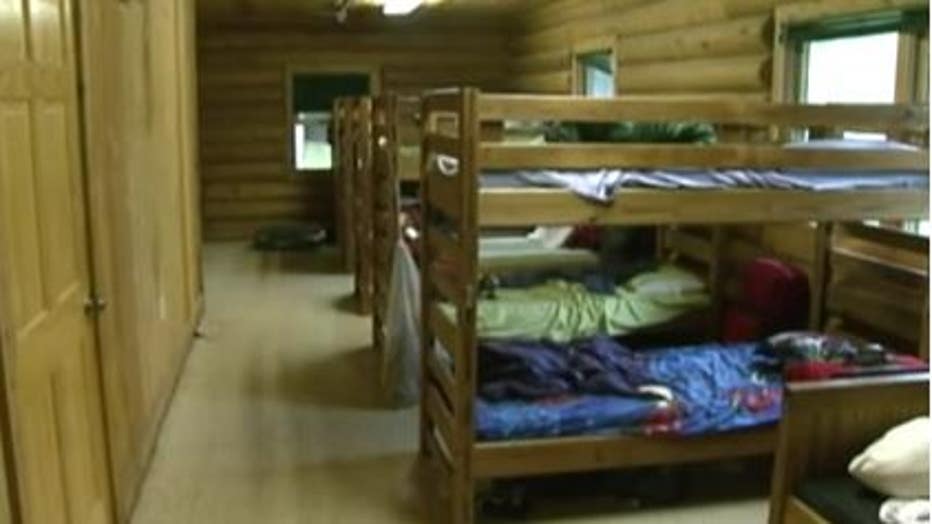
On April 24, 2021, the CDC issued its updated guidance on youth summer camps during the COVID-19 pandemic.
Overnight camp operators were also advised to conduct daily symptom checks and assign campers and staff to cohorts that remain together in the same group for the entire camp session without mixing with other campers and staff in circumstances in which they’re in close contact like sleeping in the same cabin.
"When different household cohorts are using shared indoor or outdoor spaces together during the day or night, continue to monitor and enforce mask use, physical distancing, and healthy hygiene behaviors for everyone," the CDC recommended.
The agency said that implementation of the recommendations should ultimately be tailored to the specific needs and circumstances of each community and that the guidance should be used as a supplemental resource, not a replacement, to state and local regulations.
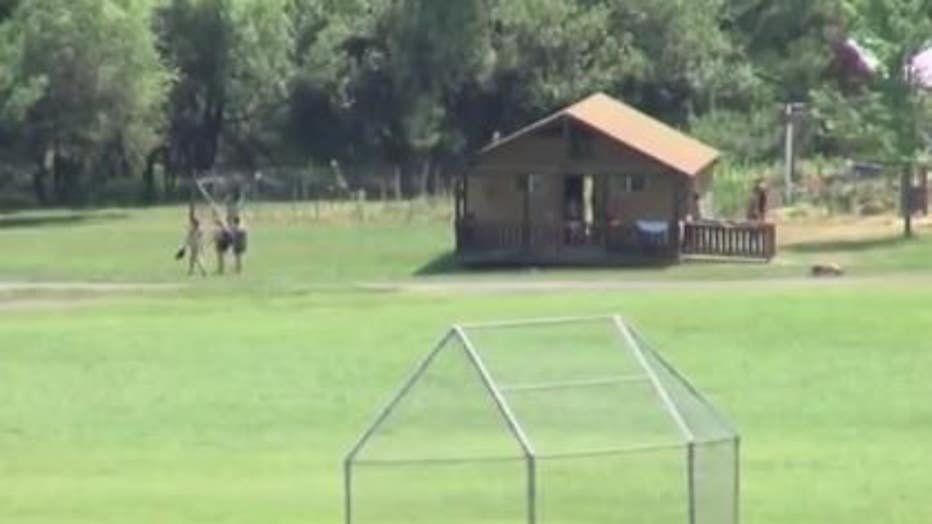
On April 24, 2021, the CDC issued its updated guidance on youth summer camps during the COVID-19 pandemic.
"Camp administrators, working with local public health officials, should assess the level of community transmission to understand the burden of disease in the community," the CDC explained. "The higher the level of community transmission, the more likely that the virus that causes COVID-19 will be introduced into the camp facility from the community, which could lead to in-camp transmission if layered prevention strategies are not in use."
In addition to its guidance, the agency provided camp operators with a planning tool and checklist to help prepare for a safe in-person summer camp experience.
This story was reported from Oakland, Calif.

